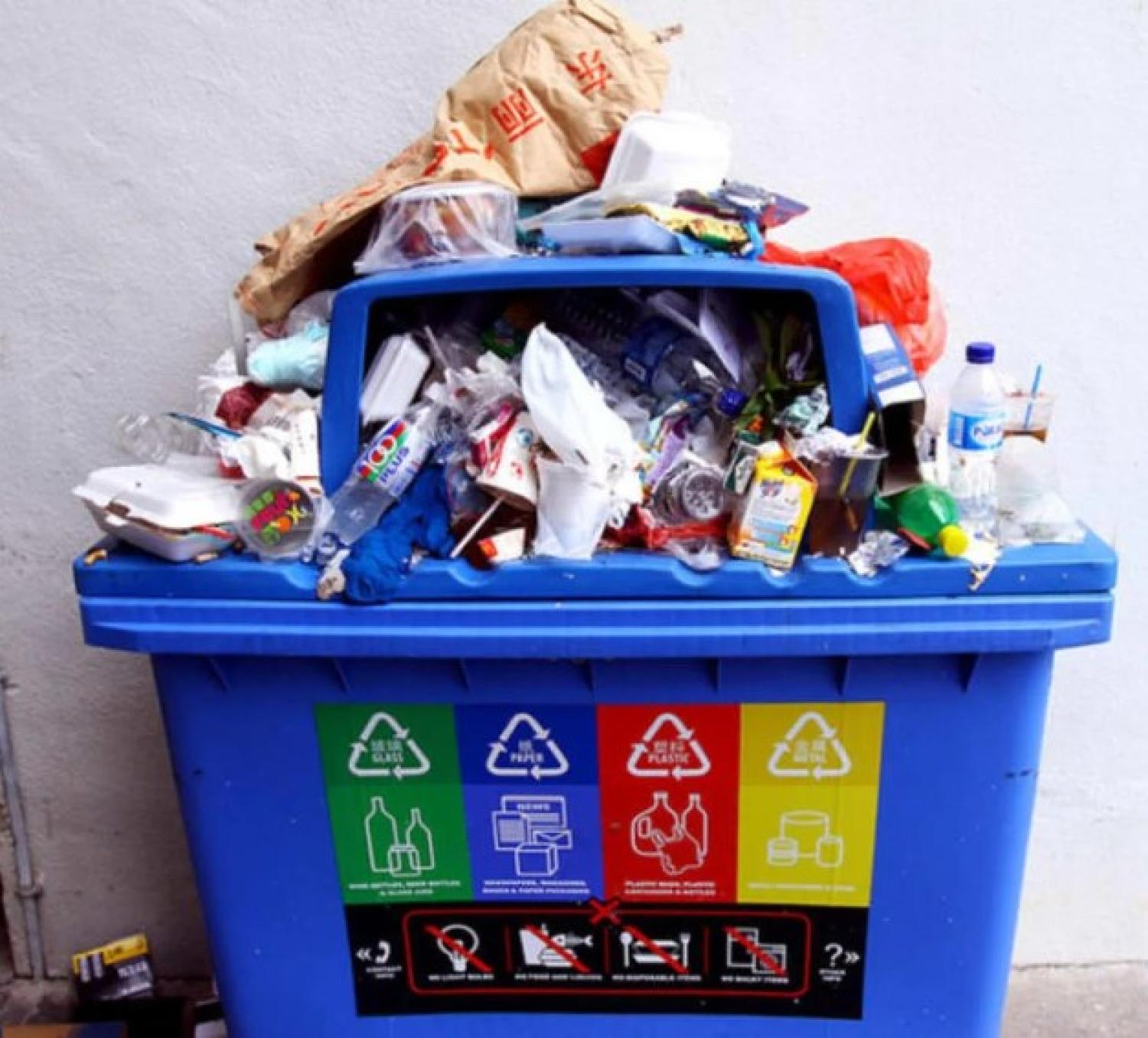Challenges in recycling

Recycling seems like an obvious solution to the plastic waste issue plaguing our oceans, air and soil. However, there are many challenges faced by the recycling industry that individual consumers can alleviate.
Poor recycling quality due to lack of education
Most people know that recycling is a good habit for the environment, but are often unsure of what goes into the recycling bin. This leads to:
- Non-recyclable materials entering the recycling stream (such as liquids or plastic bags) that contaminate recyclable materials and compromise recycling machinery.
- Consumers do not know what can and can't be recycled, so they throw everything away instead.
Safety for workers
Working in the waste/recycling industry comes with many safety risks including:
- chemical exposure
- combustible dust explosions
- machine guarding hazards
- exposure to powerful equipment with moving parts
These risks turn many workers away from the industry.
Expensive or inadequate services
In order for a city to have an effective recycling system, adequate services (like separate bins and safe recycling centers) are needed. Some cities just don’t have the resources or the government support to provide adequate recycling services.
Low market demand for recycled materials
For businesses, buying recycled materials is like buying second-hand at full price. Especially during the COVID-induced decrease in oil prices, the price of “virgin” plastics is much lower than the price of post-consumer plastics.
However, the industry is seeing a rebound in the value for recycled content in production and packaging. With supply chain shortages, virgin materials are harder and more costly to acquire. Multiple global economic factors are supporting a rise in demand for recycled feed stock, leading to a larger need to capture quality materials and put them back into the circular economy.
Is recycling worth it?
YES...it is!
Recycling plays a large role in solving the plastic issue. These challenges with recycling can be alleviated if we buy products that are made of recycled materials, educate ourselves on what goes into the recycling bin and go the extra mile to make sure that recyclable materials aren't going to the landfill.
- See Ecocycle’s A-Z recycling guide.
- If you do not have curbside recycling, check out earth911.com to find a recycling facility near you.
- Follow @cuzerowaste on Instagram to learn more about recycling and reducing waste in your everyday life!


